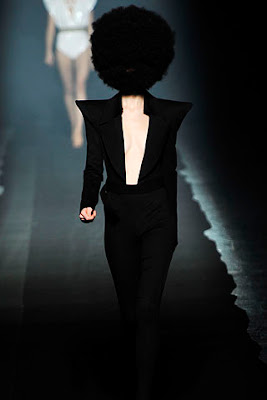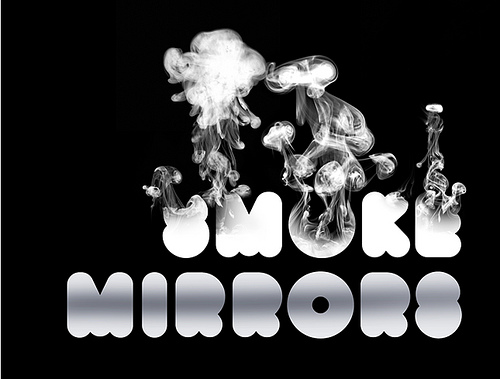
Came across this story in The New York Times today, which describes allegations of Czech author Milan Kundera's possible role as an "informant" to the Czech Communist police in the 1950s. Though he denounces the accusations as "pure lies," Kundera was a strong supporter of the Communist party up until the Soviet invasion of 1968, so the claims are not entirely unfounded. One could claim it was merely an act of student enthusiasm, but being an informant to the Secret Police doesn't seem to mesh with the themes in his fantastic book The Unbearable Lightness of Being. In addition to presenting many fascinating metaphysical ideas, TULB makes a powerful political argument against totalitarian regimes, describing the toll they take, not just in the cultural and intellectual debasement of the country itself, but in the feelings of helplessness and eradication of privacy in its individuals as well (though I didn't like certain aspects of his portrayal of women). This theme of privacy seems to be an important one to Kundera, quoted in the article as noting"without secrecy, nothing is possible — not love, not friendship.” I wonder what he would think of our society today, where we so eagerly exploit ourselves and thoughts with blogs and Facebook. We seem to want everyone to know everything about us, we want to be "known" and, in turn, we wish to know everything about others, exemplified in the "build-up-and-tear-down" cult of celebrity we have created for ourselves in which the lives of effigies are pried into for public consumption and entertainment. If totalitarian regimes eradicate privacy, and privacy is eradicating in our culture Have we become totalitarian in terms of culture? Naturally, extending this concept to fashion, I couldn't help but think of Martin Margiela.



Described as "fashion's invisible superstar", Margiela of Maison Martin Margiela notoriously avoids the public eye (he has not been photographed since the 1980s) and hardly ever gives interviews, with the notable exception of the September issue of Interview Magazine. A fierce guarder of his own privacy, he seemingly recognizes its worth (whether for publicity or personal reason) and constantly toys with the theme of identity as privacy in each of his collections, most recently in his SS09 show. The clothes themselves are anything but anonymous, ranging from sharply angular to a bizarre cape of blonde wigs. The models, however, have their faces shrouded with some sort of veil, wig, or both, ironically turning the renowned beauties into a parade of faceless mannequins who serve only as canvases for Margiela's art. The models' identities have been lost, shrouded in secrecy, but here lies the question: is there identity in secrecy, or is identity lost when no one can see it? I could be reading far too much into this, but the show seemed to be a commentary on how fluid the concept of identity truly is, the identity of each model extinguished with the placing of the veil and the overpowering clothes.









No comments:
Post a Comment